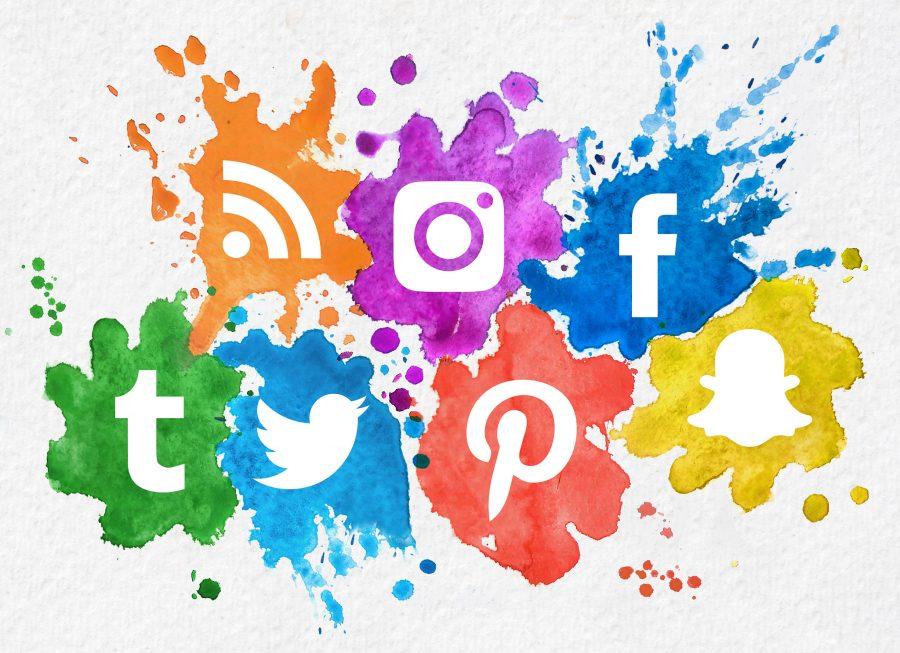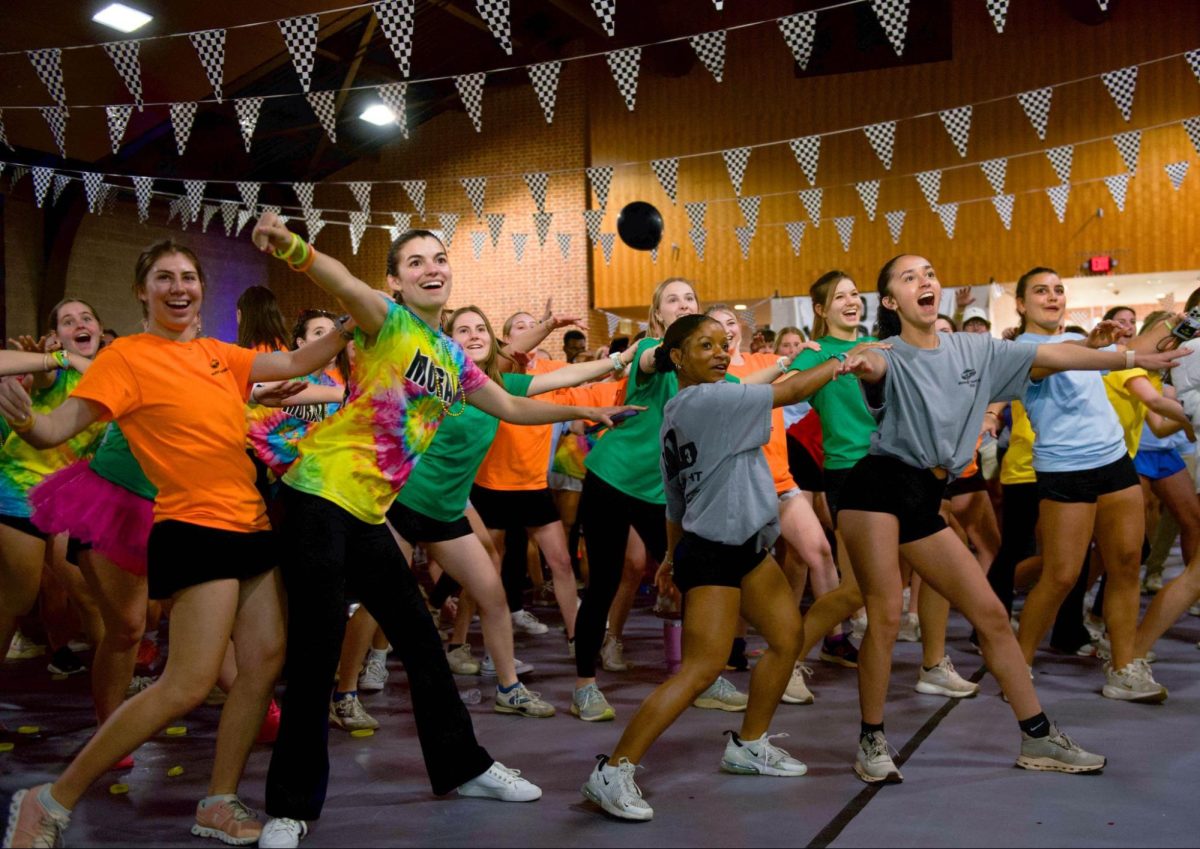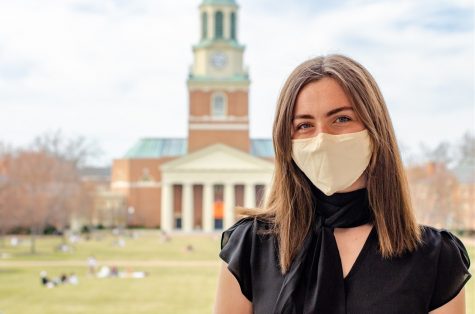
The panic and agony associated with the current state of the country is tangible. Unable to leave the confines of their homes to connect with others, people have resorted to social media to quench their desire for human connection. For many, it brings a sense of joy.
Even I have found myself tearing up at wholesome proposal videos, singing along with the cast of Hamilton when they performed the opening number over Zoom, and checking in on my friends using video chat platforms.
But there is a dark and dangerous side to this increased exposure to social media. Twitter has turned into a political battlefield, TikTok is morphing into a triggering, pro-weight-loss community and Instagram is, well, still Instagram.
But who is the silent leader of online toxicity, you ask? Productivity Pinterest. The wake-up-at-4:14 a.m.-and-take-a-shower-colder-than-the-arctic-before-eating-three-raw-eggs-and-working-for-nine-hours side of the internet is real. And it’s leaking into every social media crevice imaginable. These days, no one is safe.
If I see one more “let’s get this bread” tweet on my timeline, I am going to launch my phone into the sun. I saw a post on the explore page of my Instagram the other day that read, and I quote, “I think we can all agree that your lack of time is not an excuse anymore. You just have no drive.”
Excuse me while I stuff my phone into my garbage disposal. People are dying Mr. Disembodied Instagram User Whose Only Personality Trait is Using his Organizational Habits to Shame Others.
Come to think of it, maybe Mr. Disembodied has a point. I have not had the motivation to plan out my days using color-coded highlighters, go on 10 mile runs, OR recommit myself to a vegan diet. Maybe I am just a failure who has no drive and no gumption. Darn, you win this one, Instagram guru.
In all seriousness, this toxic message about productivity being the sole goal of this quarantine is burnt into each of our brains’ day-in and day-out. And it could not be further from the truth. Rather than being a place of lighthearted escape, the internet is serving as a catalyst for poor self-image, increased worry and decreased wellbeing.
This is not exactly a new problem. It is just one that has been amplified because of the current crisis. But what is the use of recognizing an issue without proposing a solution?
The truth is, there is not only one solution. For some, seeing another’s jam-packed daily schedule serves as a motivational tool. For others, it exists as a reminder of their own self-proclaimed “laziness.” I am in the latter category.
Twitter has turned into a political battlefield, TikTok is morphing into a triggering, pro-weight-loss community and Instagram is, well, still Instagram.
For anyone else who is in the same spot as I am, I have found that limiting my time on social media and being patient with myself has worked wonders. Am I as productive working from home as I was curled up in a booth in the Atrium? No. And I should not expect myself to be.
How we are coping with the crisis is not our new “normal,” it’s just our current situation. The two could not be more distinct.
It is natural to feel overwhelmed and frustrated with yourself and your family. There is nothing wrong with that. It is okay to take each day as a new challenge instead of trying to plan out an entire week like you normally would. It is okay to be emotional. Most importantly, it is okay to treat productivity as a visitor instead of a permanent resident.
It is not okay to beat yourself up for not accomplishing tasks at the same speed or of the same quality that you did a few months ago.
Treat this as a time to be kind to yourself. To learn that being accepted comes from within. You do not need to compare yourself to others during this unprecedented time, and you certainly do not need to compare yourself to the version of you that existed a few months ago.
What you do is just one miniscule part about who you are. Your productivity does not define you.

















